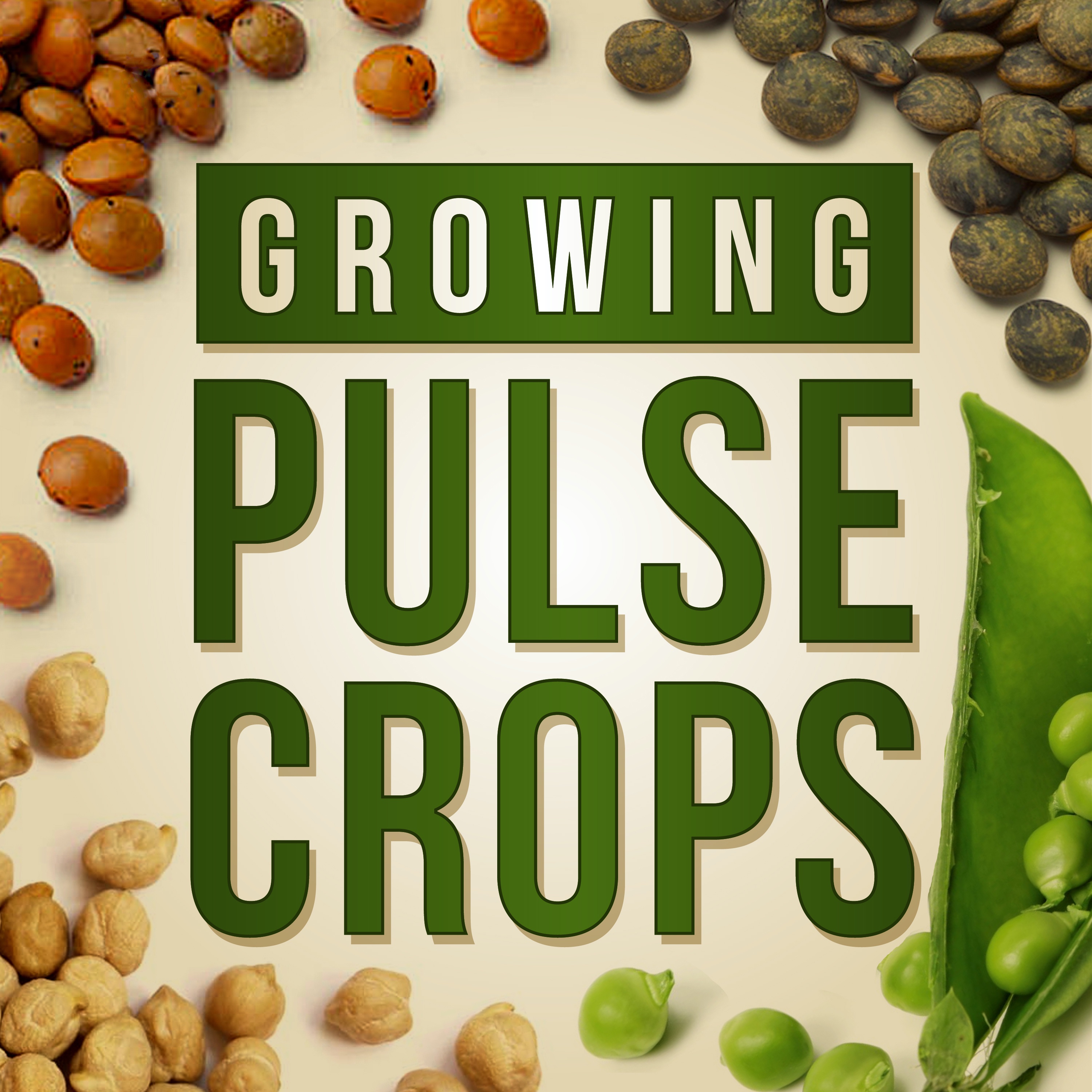Nodulation and Nitrogen Fixation with Barney Geddes, Ph.D.
Dr. Barney Geddes is an assistant professor at North Dakota State University in the Department of Microbiological Sciences. His work focuses on microbes with the goal of boosting crop yields for farmers. More specifically he studies rhizobia which form symbiotic relationships with legume crops like pulses. In this episode, Geddes explains how nodulation works and what that means for farm decisions like inoculants. He grew up on a farm in Manitoba, and after studying microbiology as an undergrad, he decided to apply this knowledge to his lifelong passion for sustainable agriculture. His perspective is deep into the science but also rooted in the reality of growing up on a commercial farm.
“Nodulation or the ultimate formation of a root nodule on the root of these pulses is really the result of quite an elegant communication and signal exchange between the plant and the microbe…It's really a communication between the two that ultimately leads the plant to understand it has the right microbe there to allow it to kind of gain entry and then it builds this house for it called the root nodule.” - Dr. Barney Geddes
According to Geddes, inoculation is “kind of a bet hedging process” in that producers are just making sure all the building blocks are made available for nodulation to occur. The plant will continue to send out signals to create nodules and will turn off those signals once they have met their needs. In this way, if there is excessive nitrogen in the soil, the plant will not be prompted to form the symbiotic relationship and nodulate. Plant stress and soil pH will also impact the symbiotic relationship and the success of nodulation.
“We're trying to build a translatable knowledge base that can lead to improvements in the industry. So that's been a big focus for us, is competition. These are living organisms that have to come into our environment and thrive there somehow…But thinking about that competition and, and what allows a microbe to thrive in a new environment is something we're starting to do a lot.” - Dr. Barney Geddes
This Week on Growing Pulse Crops:
- Meet Dr. Barney Geddes an assistant professor at North Dakota State University in the Department of Microbiological Sciences
- Explore the intricacies of nodulation and the components that make it successful in the field
- Discover the best use scenarios for inoculants to encourage nodulation
Growing Pulse Crops Podcast is hosted by Tim Hammerich of the Future of Agriculture Podcast.

